Coaching skills for staff in the ED
We’ve all been working in a highly pressurised environment prior to (and throughout) the COVID-19 pandemic. But now, as we approach the second wave many staff will be feeling anxious, tired (both physically and mentally) and apprehensive about what the future holds.
Our EM3 education team and the University Hospitals of Leicester’s Organisational Development team are finally launching a BRAND NEW “coaching skills workshop” for all our local staff working in the Emergency Department: primarily to help boost an individual’s morale; and secondarily to enhance cohesive team working. Additionally, we want to empower our staff with the communication skills required to support others on a variety of topics (both medical and non-medical).
This blog will briefly cover the basics of what our workshop will entail and how you could establish this in your own department!
For any local staff wishing to get involved, we ran our inaugural workshop on Thursday 19th November in the Samuel Jordan Room at the Leicester Royal Infirmary (9:30am till 4:00pm), with two follow-up workshops on Monday 22nd February and Monday 26th April. Our latest bookable sessions are Monday 21st June and Thursday 22nd July. Same time. Same place.
Please fill out this form for the workshop you would like to attend…
What is coaching in the workplace?
There are lots of definitions of coaching across different industries, but for our staff the coaching scheme will be goal-driven, person-specific and will ensure accountability.
1) Goal-driven
Developing another person in some way, e.g. enhancing technical or non-technical skills, confidence or leadership skills.
There should be a specific aim for the coaching experience. Part of the role of an individual with basic coaching skills, is to work with the individual to develop a goal-driven plan.
To ensure accountability, we should encourage individuals to use this scheme as an opportunity for developing their Personal Development Plan (PDP).
2) Person-specific
Coaching should be about focusing on an individual’s goal(s) and identifying their own learning objectives.
Fundamental coaching skills include facilitating the reflective process for the individual, e.g. what would they do differently next time?
3) Accountability
The scheme should include a contract/agreement between yourself and the individual staff member to establish ground rules, e.g. frequency of meetings, achieving realistic milestones.
An example of expected duration: 4-12 months consisting of approximately 3-5 meetings (depending on the complexity of the goal). However, this should be flexible to your own workplace and on an individual basis.
Top 5 Coaching Skills
It can often be tempting to add your own observations and opinions, however, this is NOT the purpose of coaching. Here are five key concepts to think about if you are considering this scheme:
Agree to meet in a quiet and confidential environment away from distraction or interruptions (consider social distancing measures)
Talk less. Listen more. Steps like this will allow individuals to share their thoughts more openly.
Coaches are not teachers! Signpost individuals to resources external to you, e.g. blogs, videos etc.
Preallocate adequate time slots for these sessions away from clinical work.
If you come across any uncomfortable situations, seek appropriate help from others.
How can I implement a coaching scheme?
Individual basis
Interest and passion for developing others.
Need to be able to take time out to read around the subject and/or attend coaching courses (many can be completed in 1-2 days).
Departmental basis
Buy-in from senior colleagues and stakeholders. This might include: Head of Department, Wellbeing Lead, Education Lead.
Advertise to your staff via emails, newsletters and posters.
Involve your local Organisational Development (OD) Team!
For our local ED staff, please see the following slides that will provide you with a brief overview and taster for our face-to-face workshop.
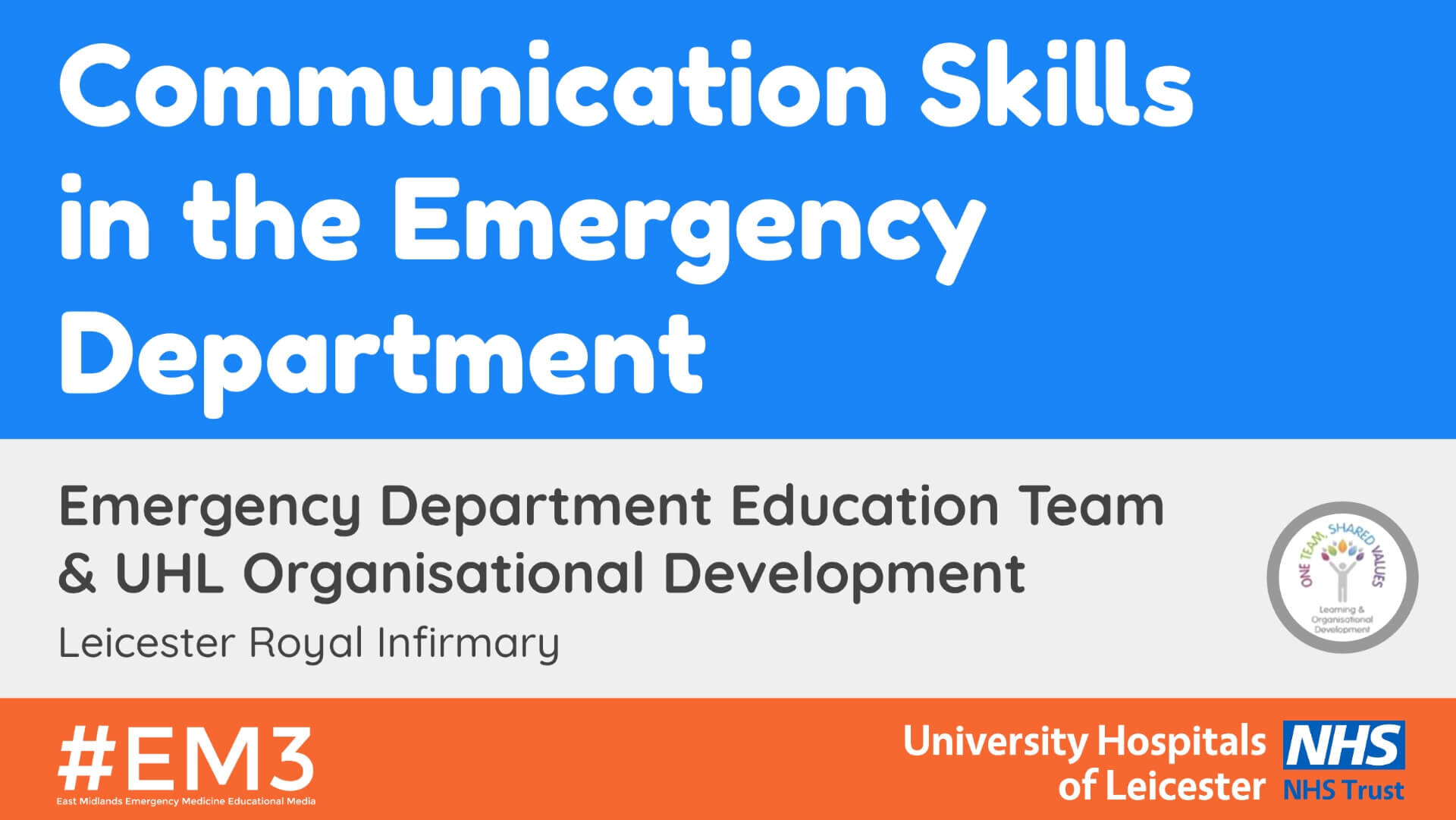
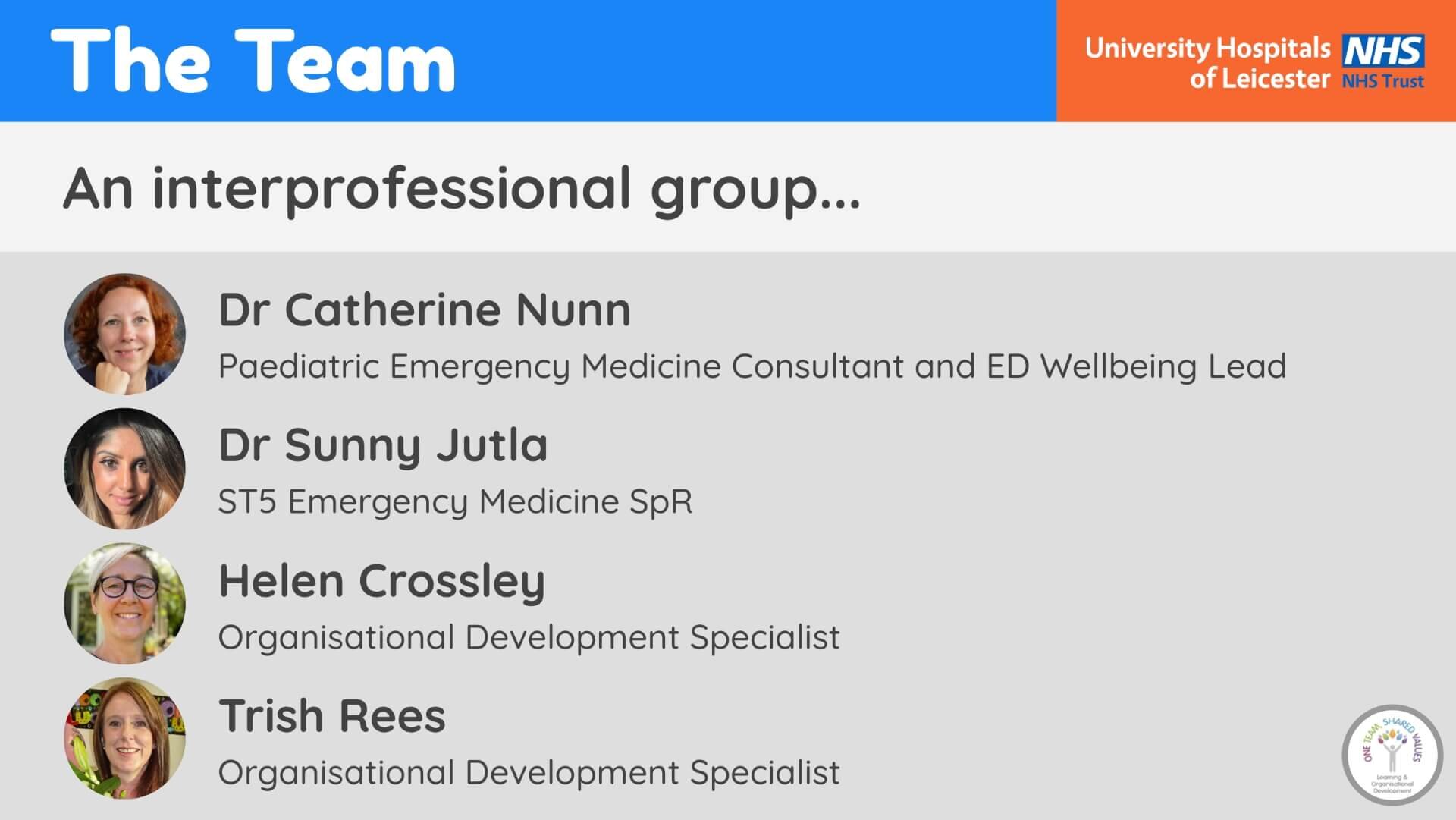
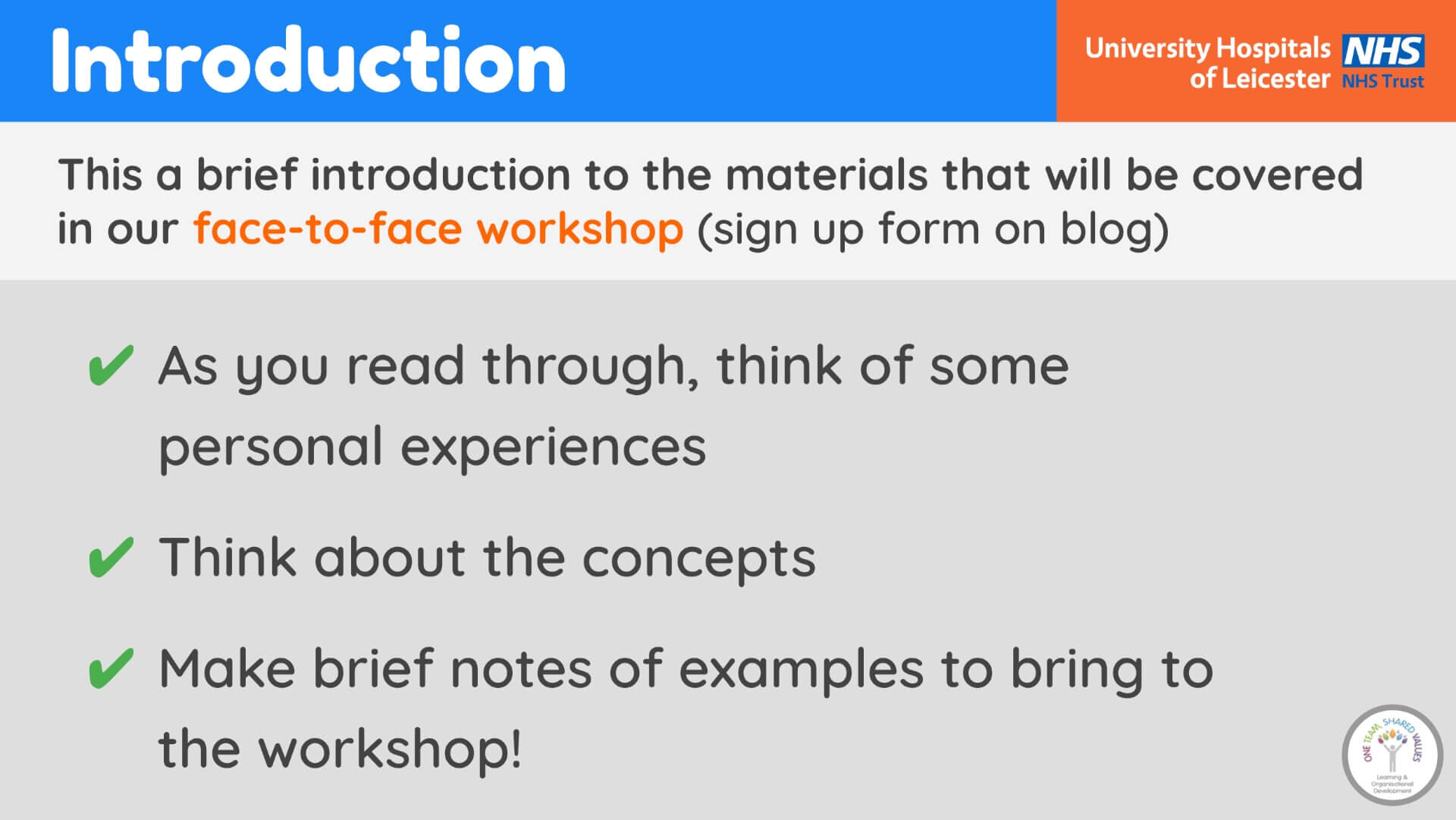
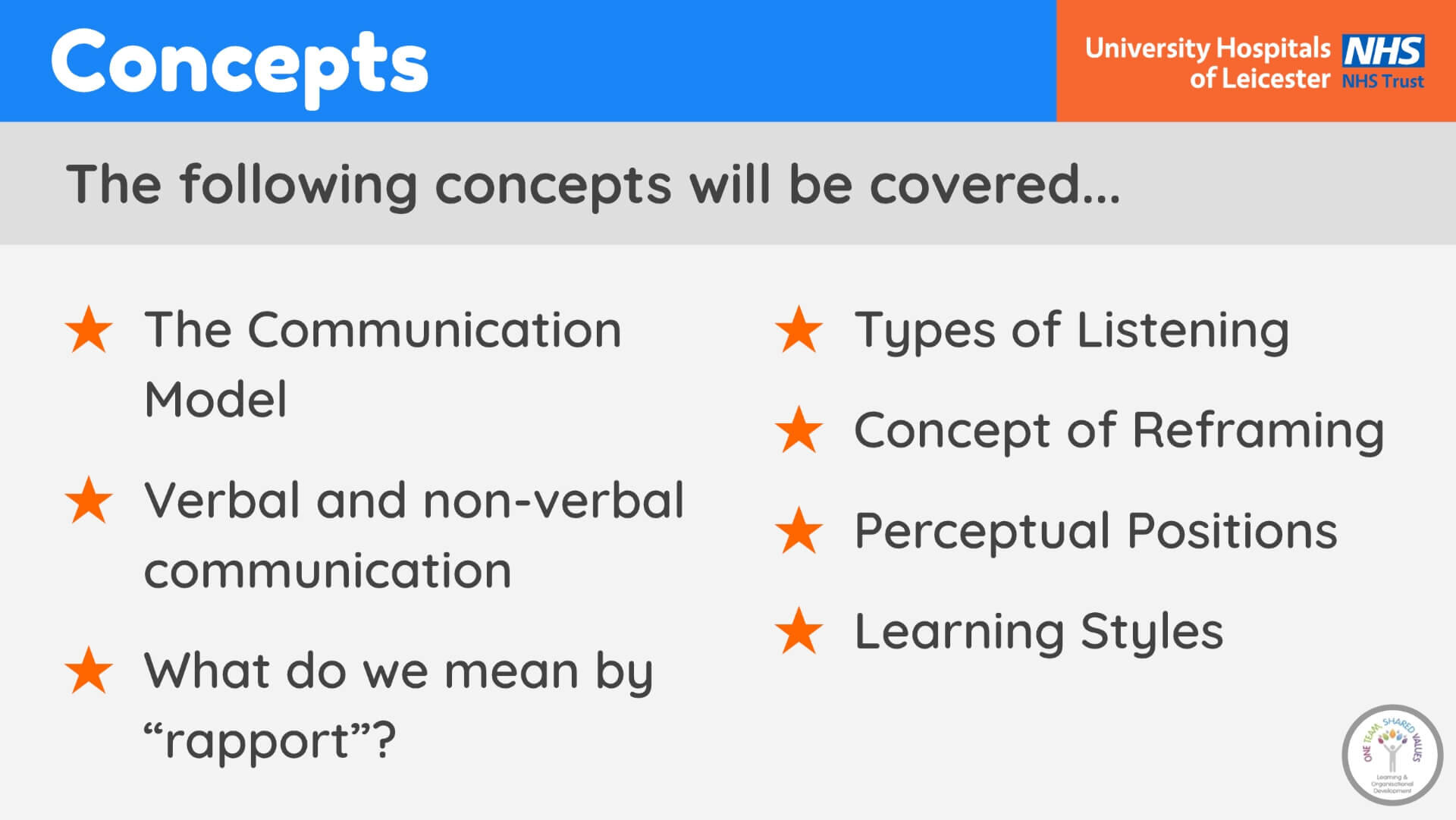
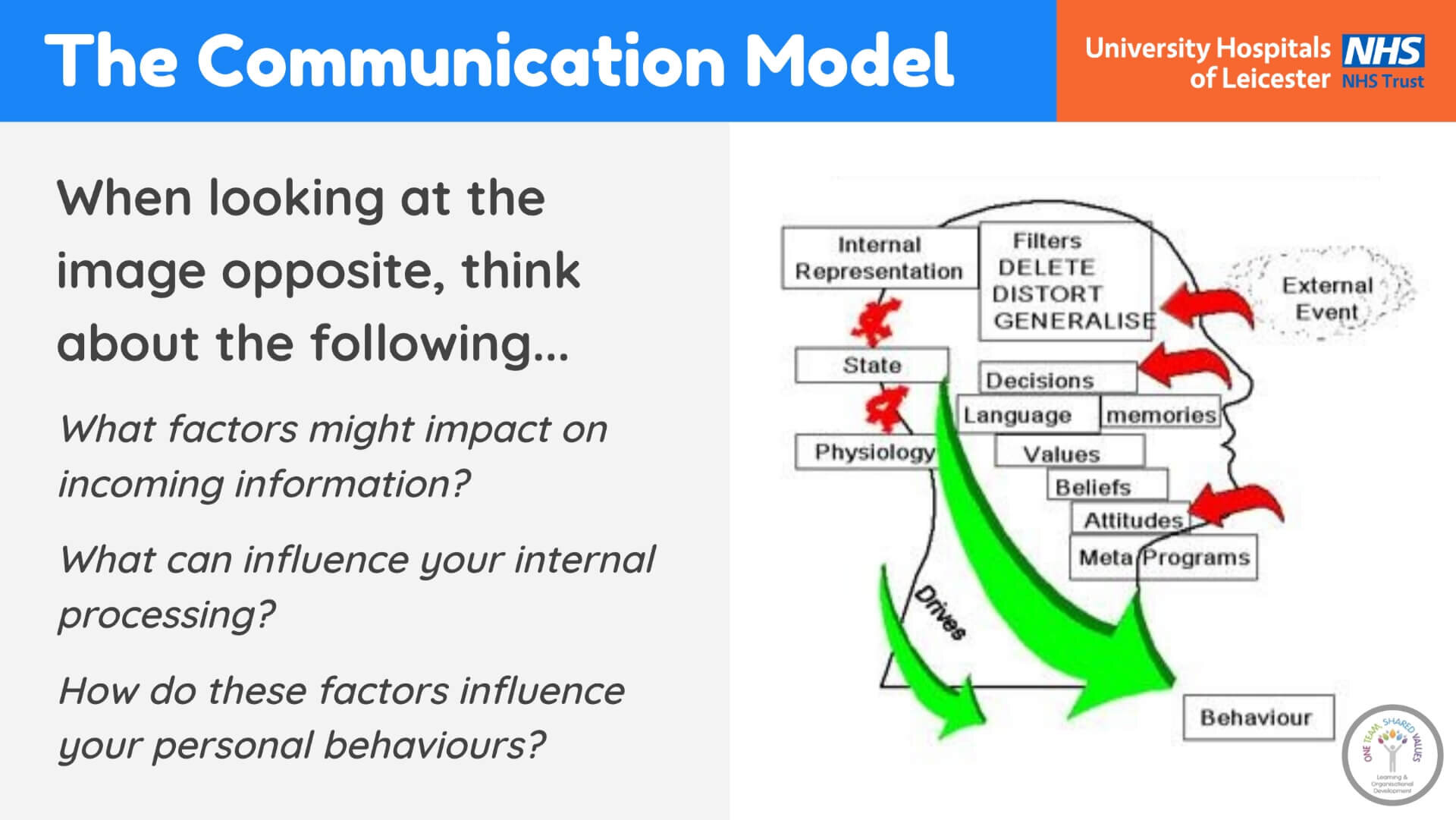
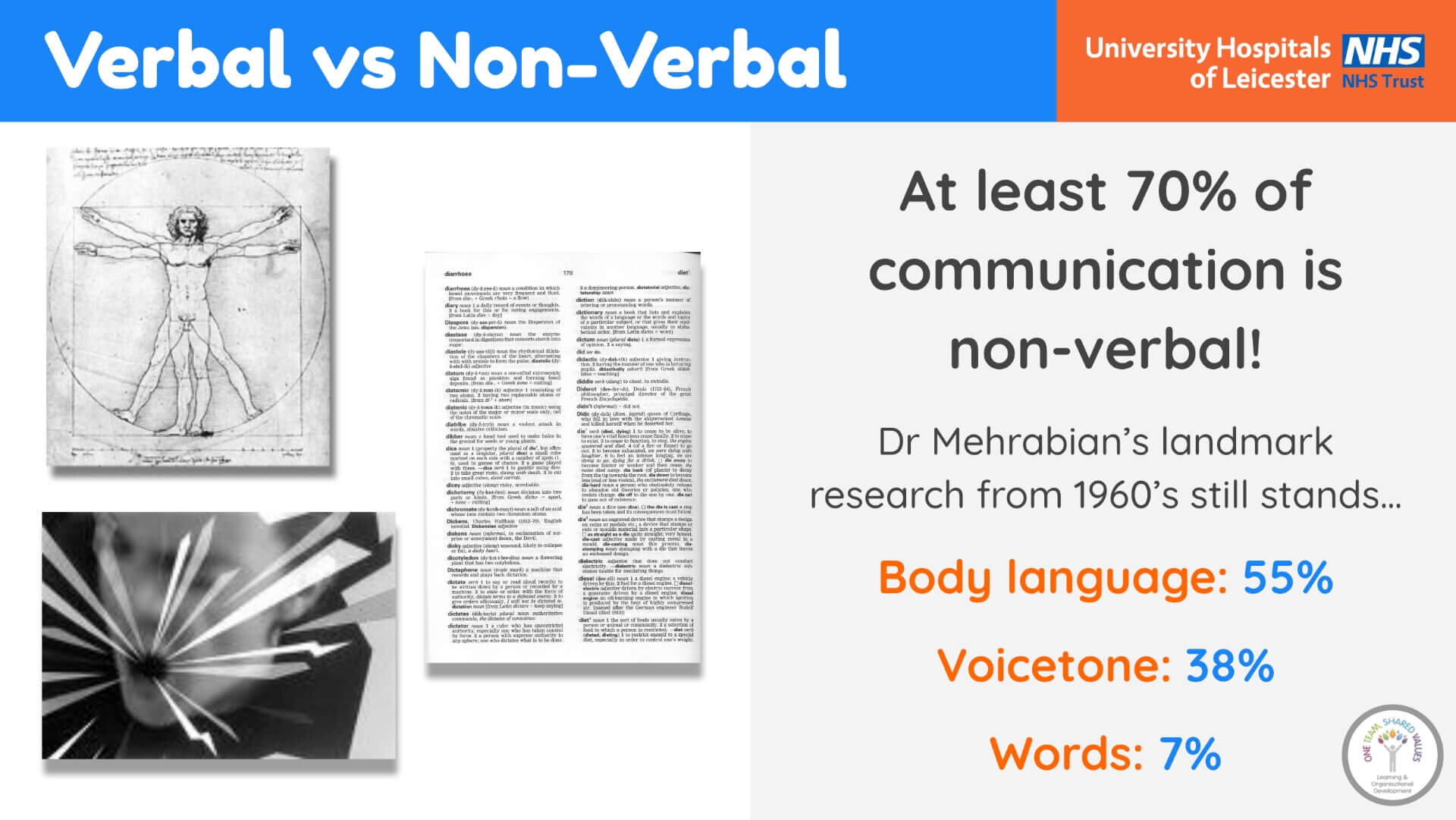
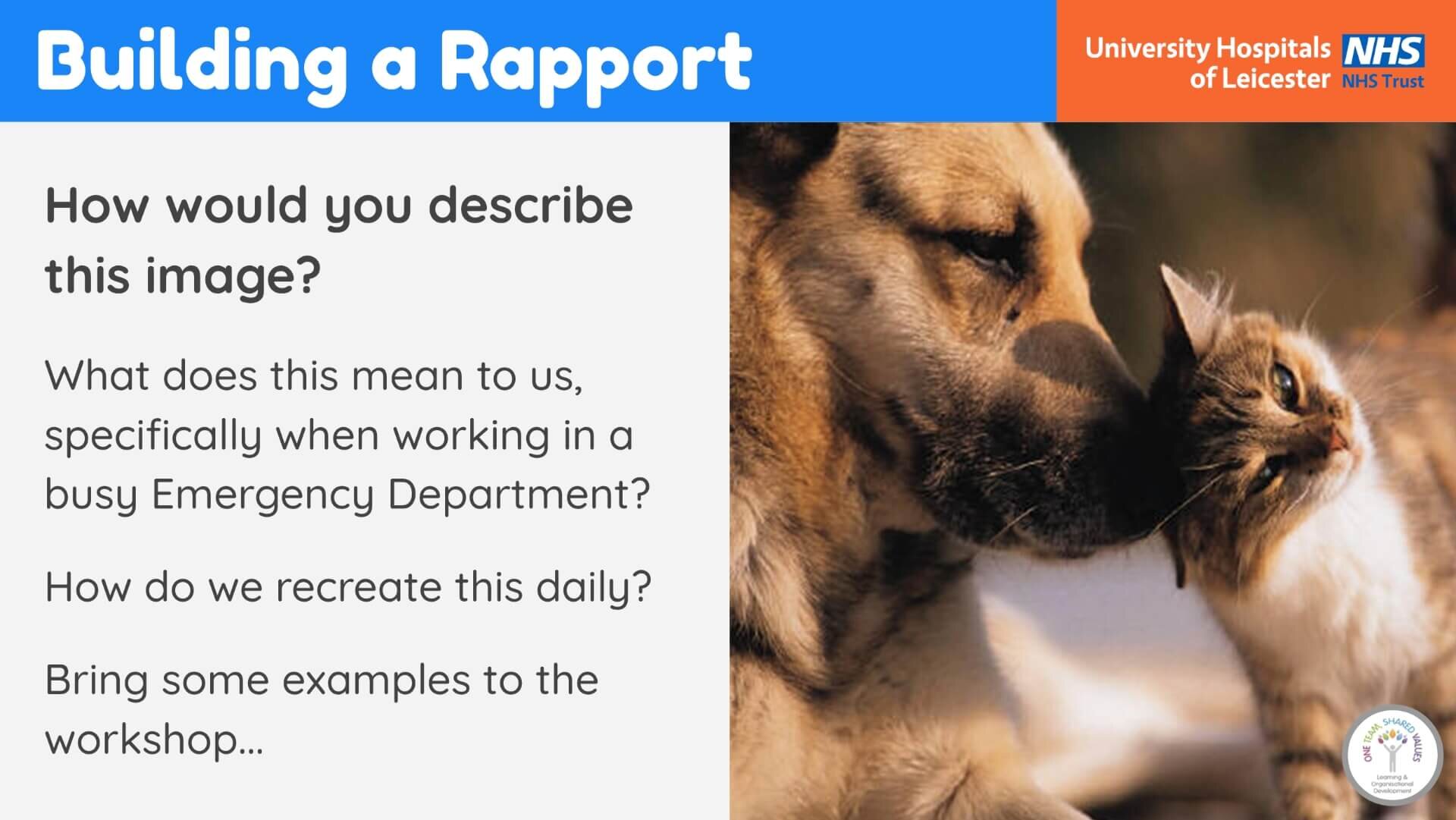
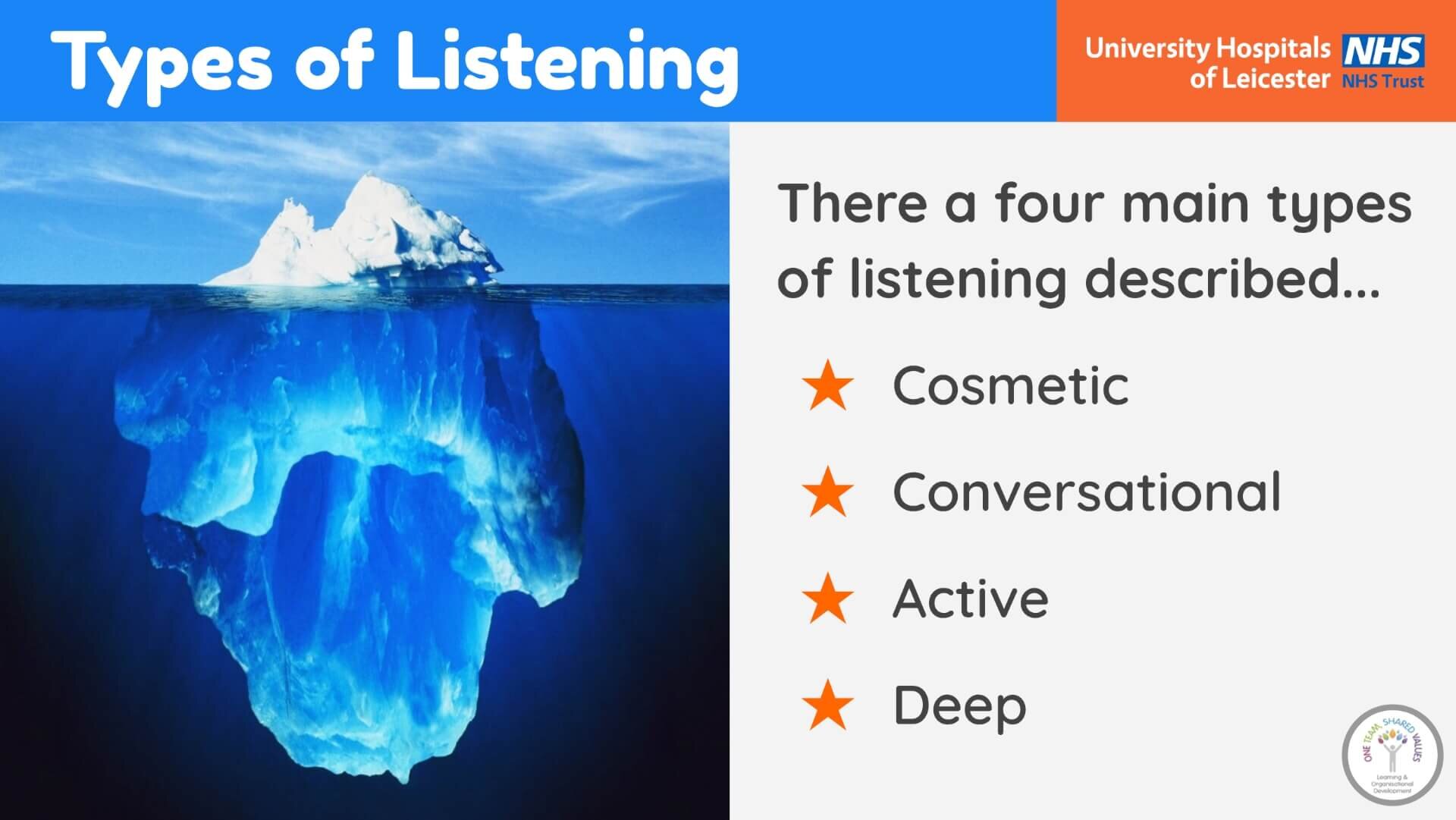
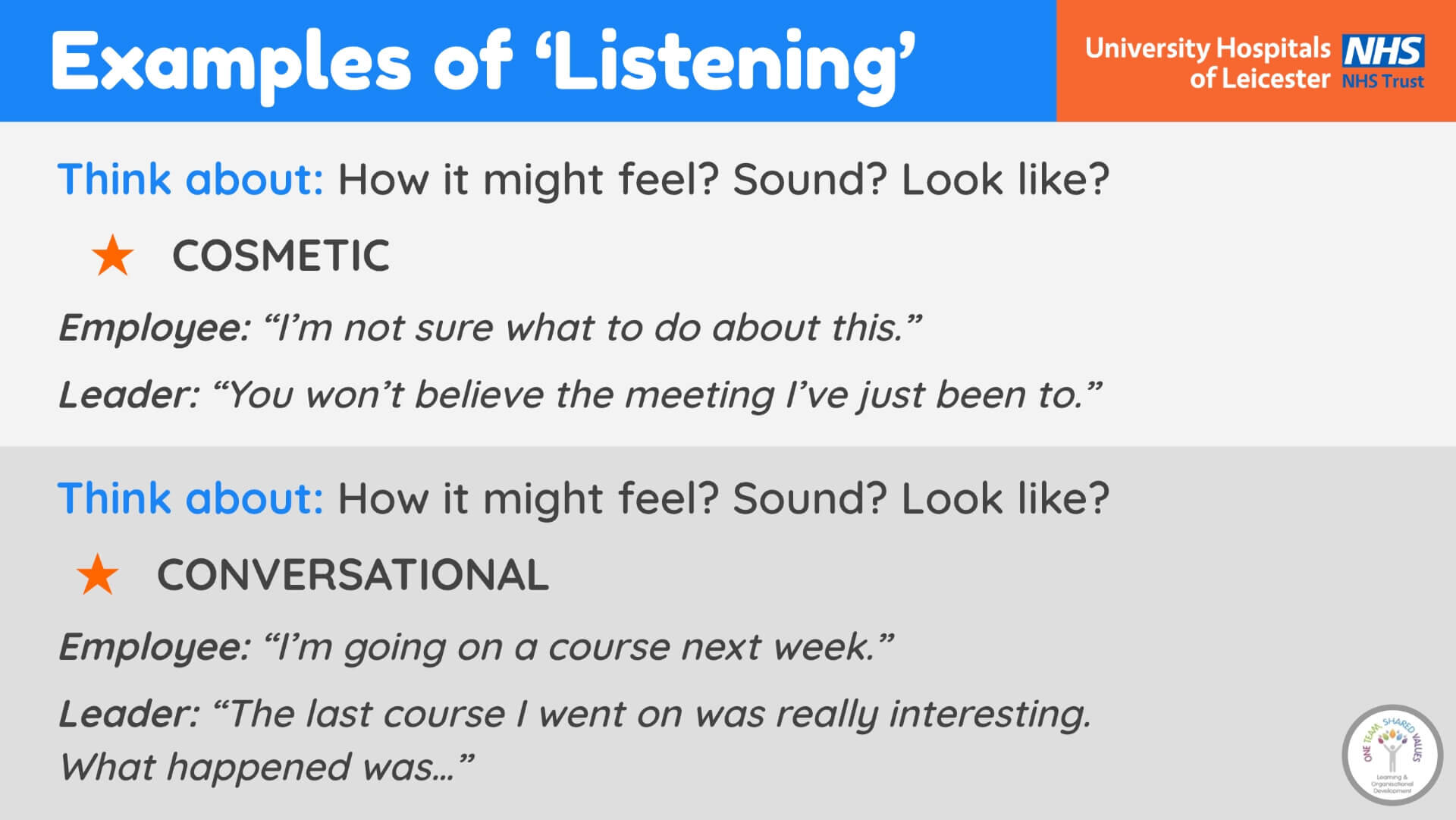
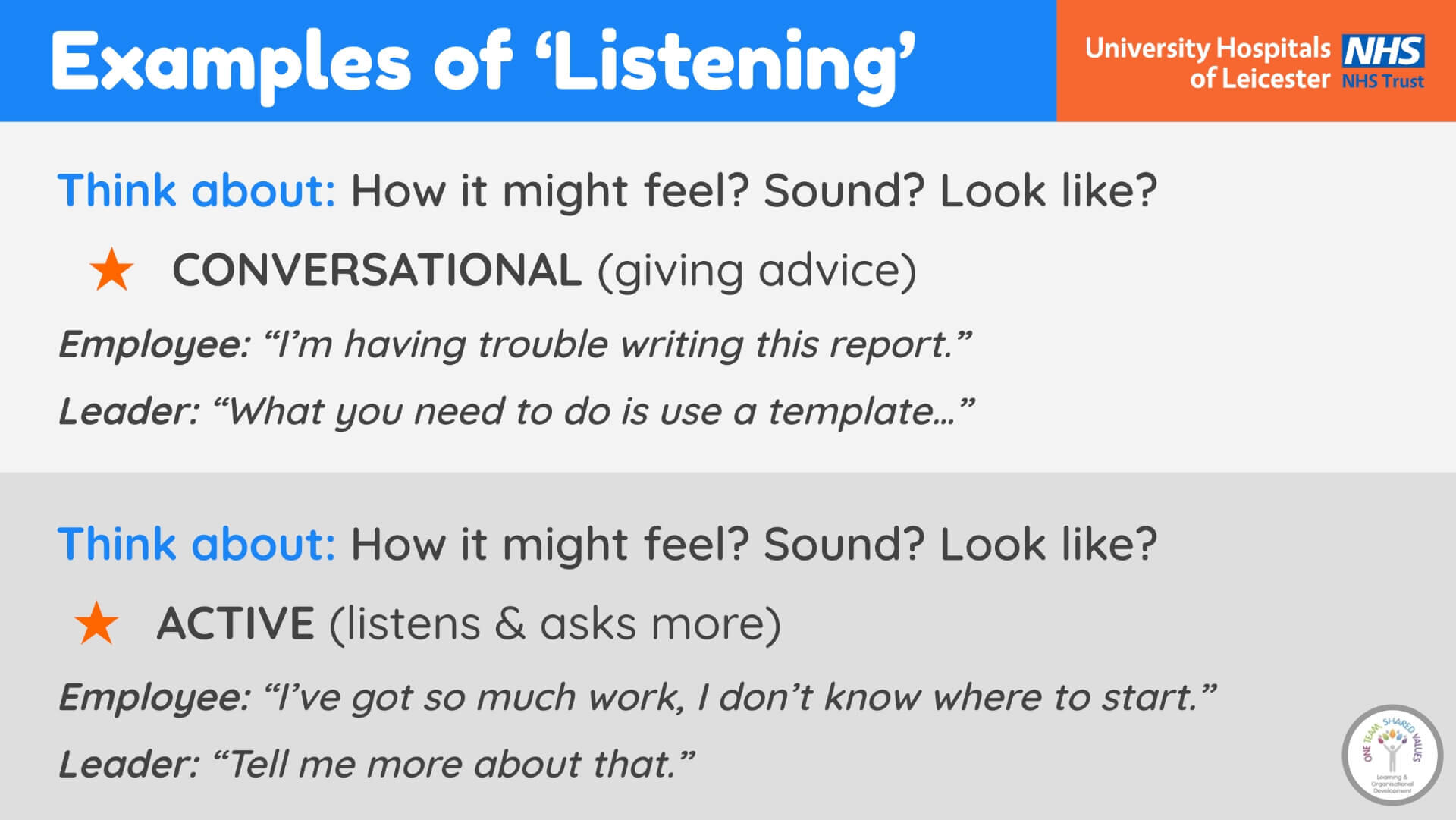
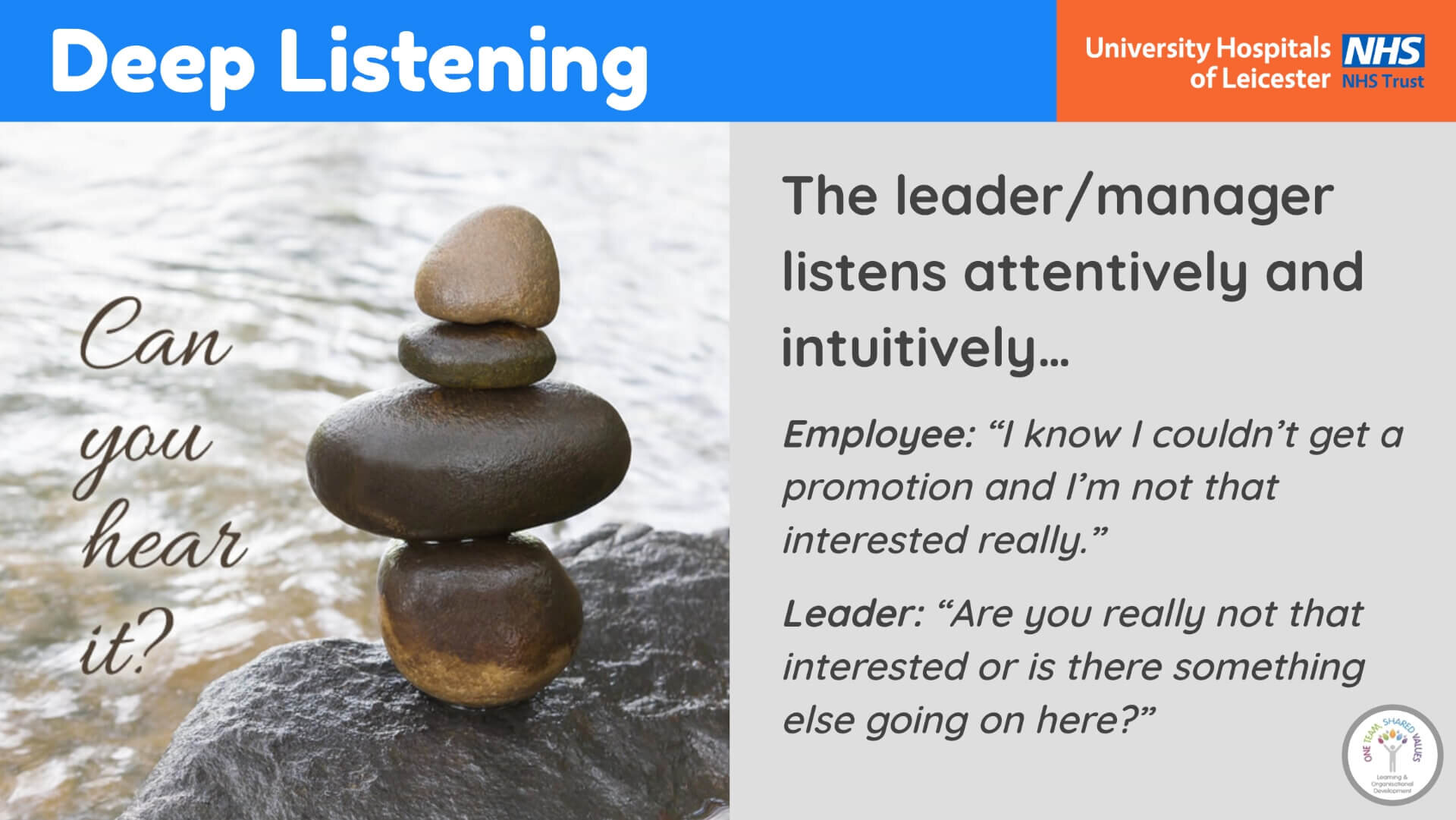
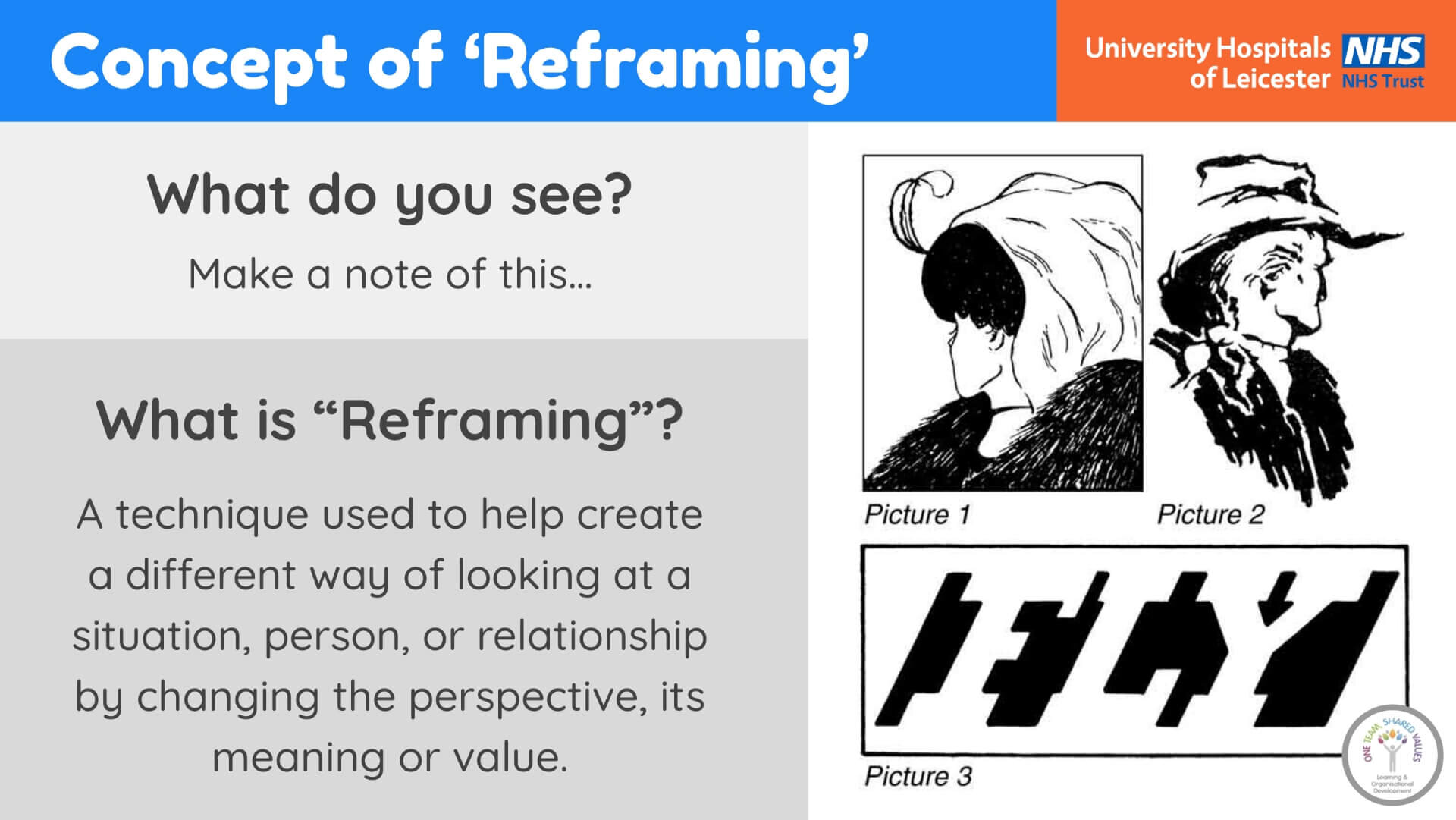
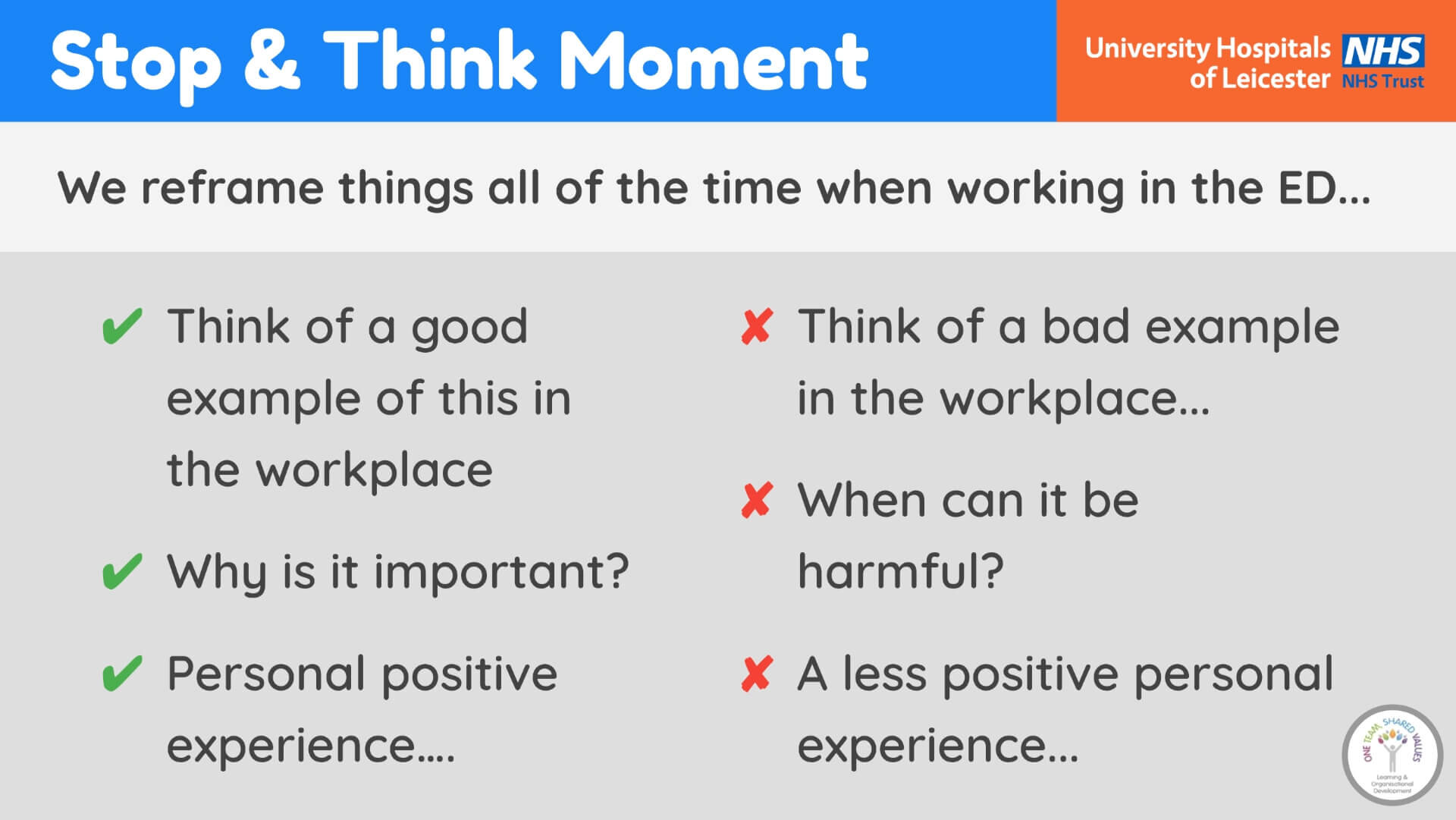
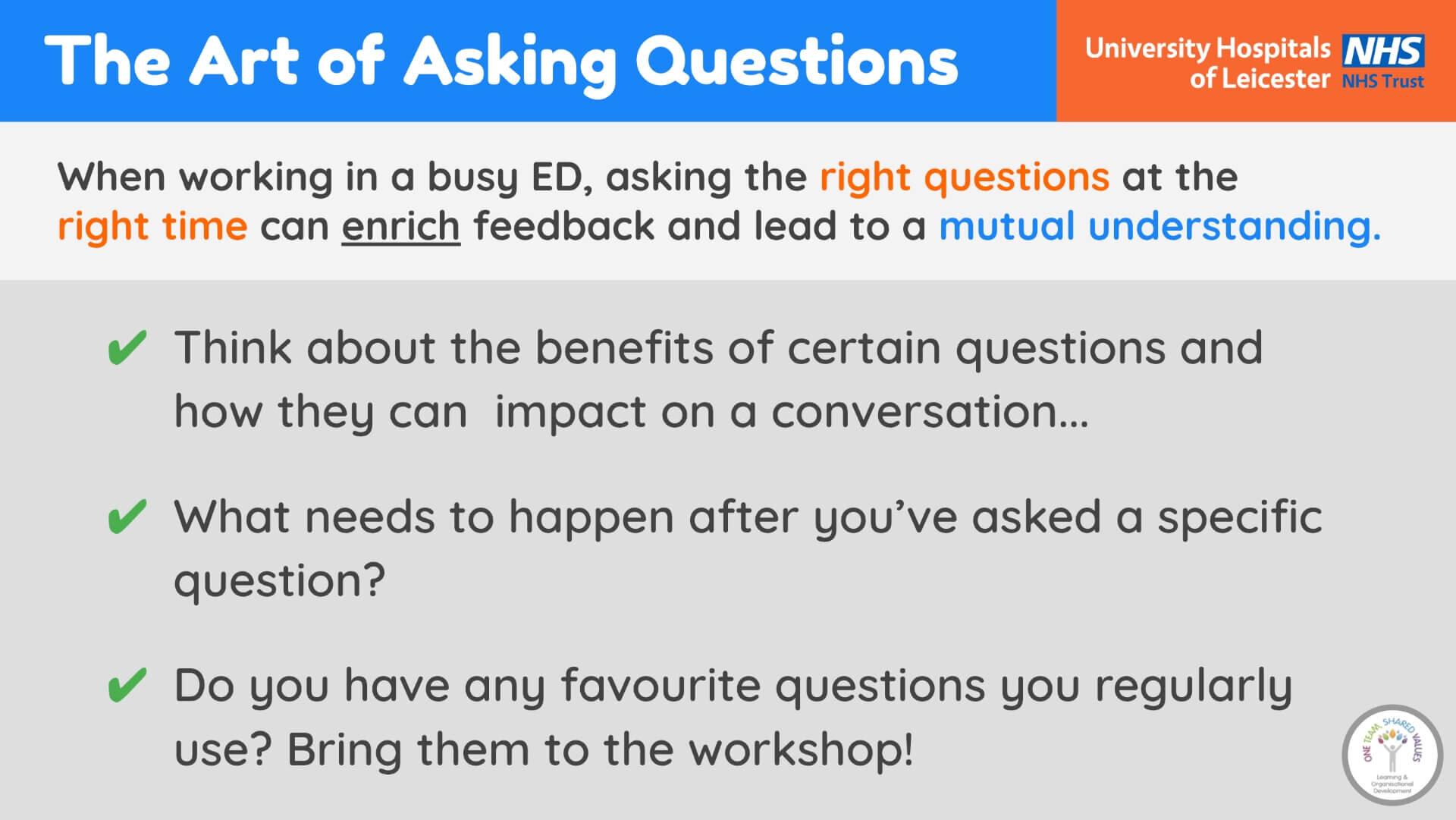
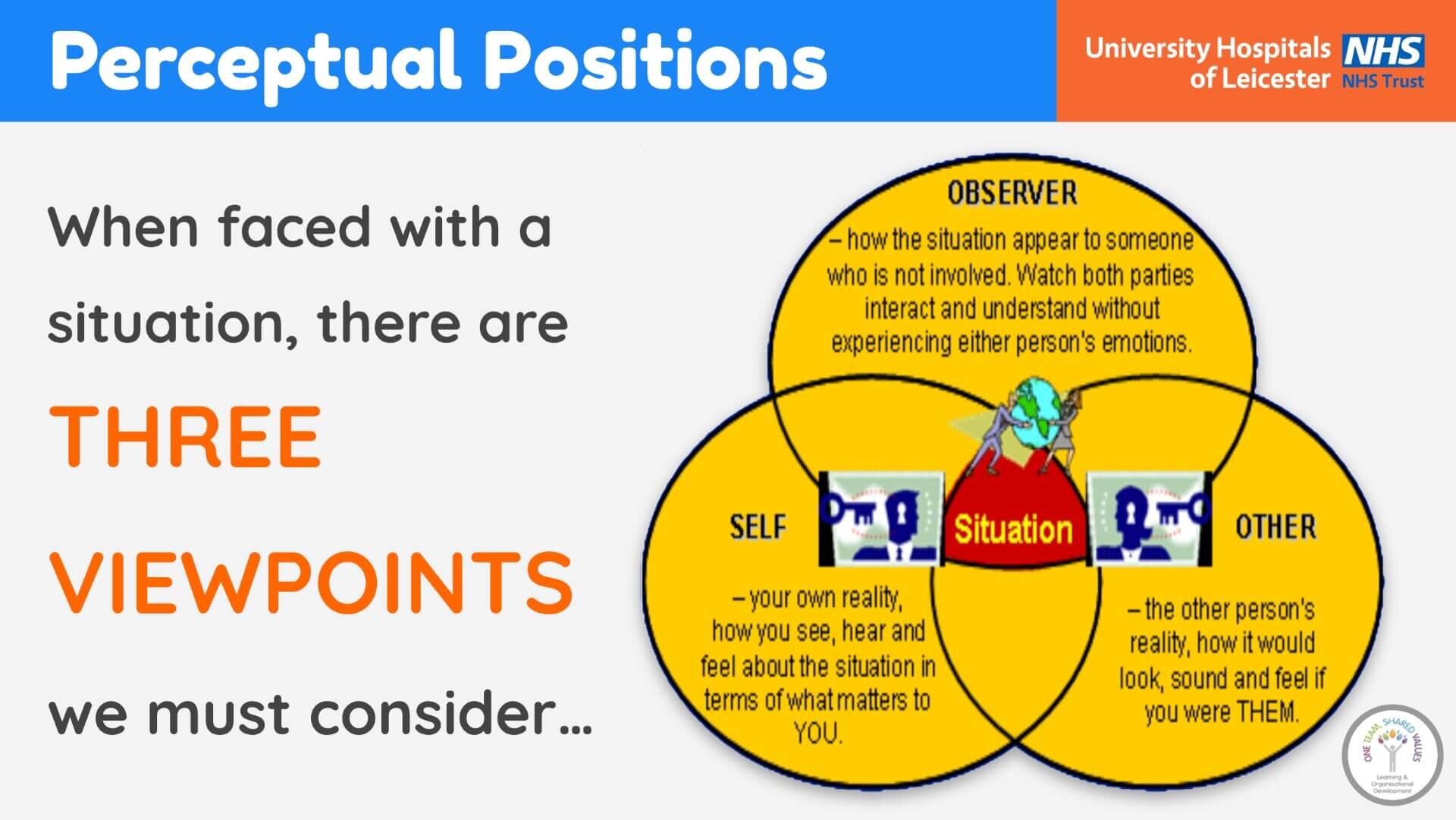
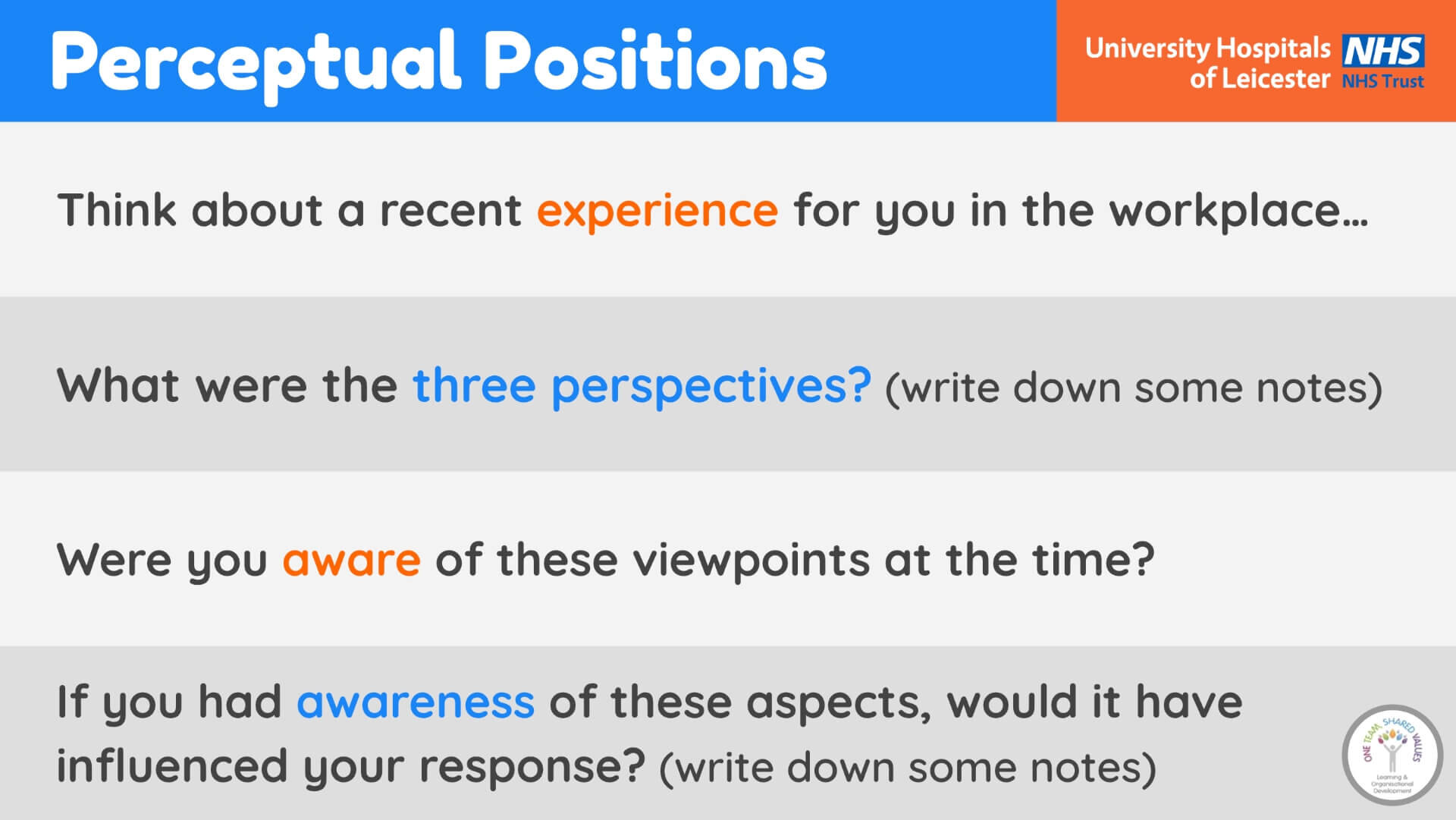
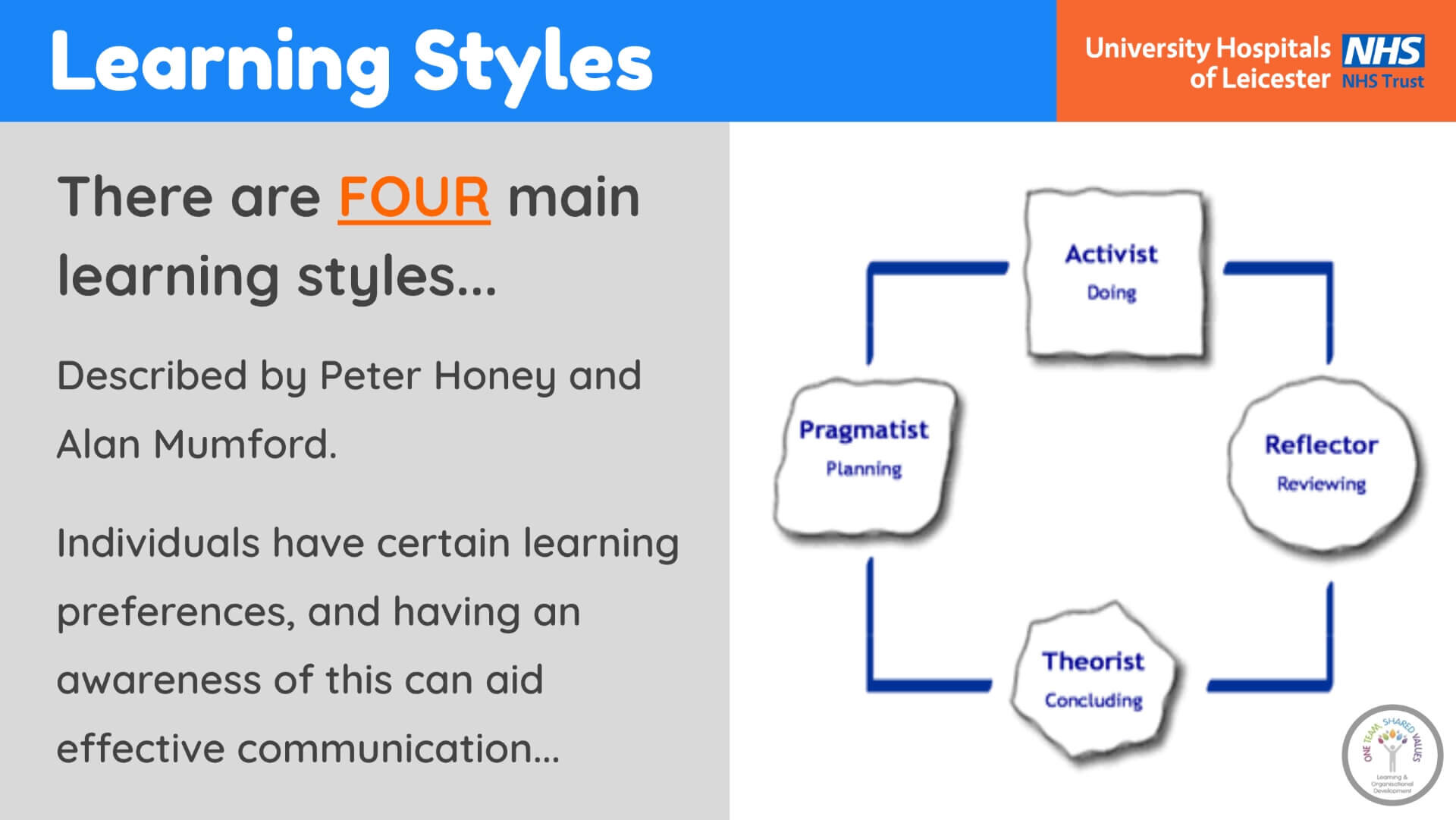
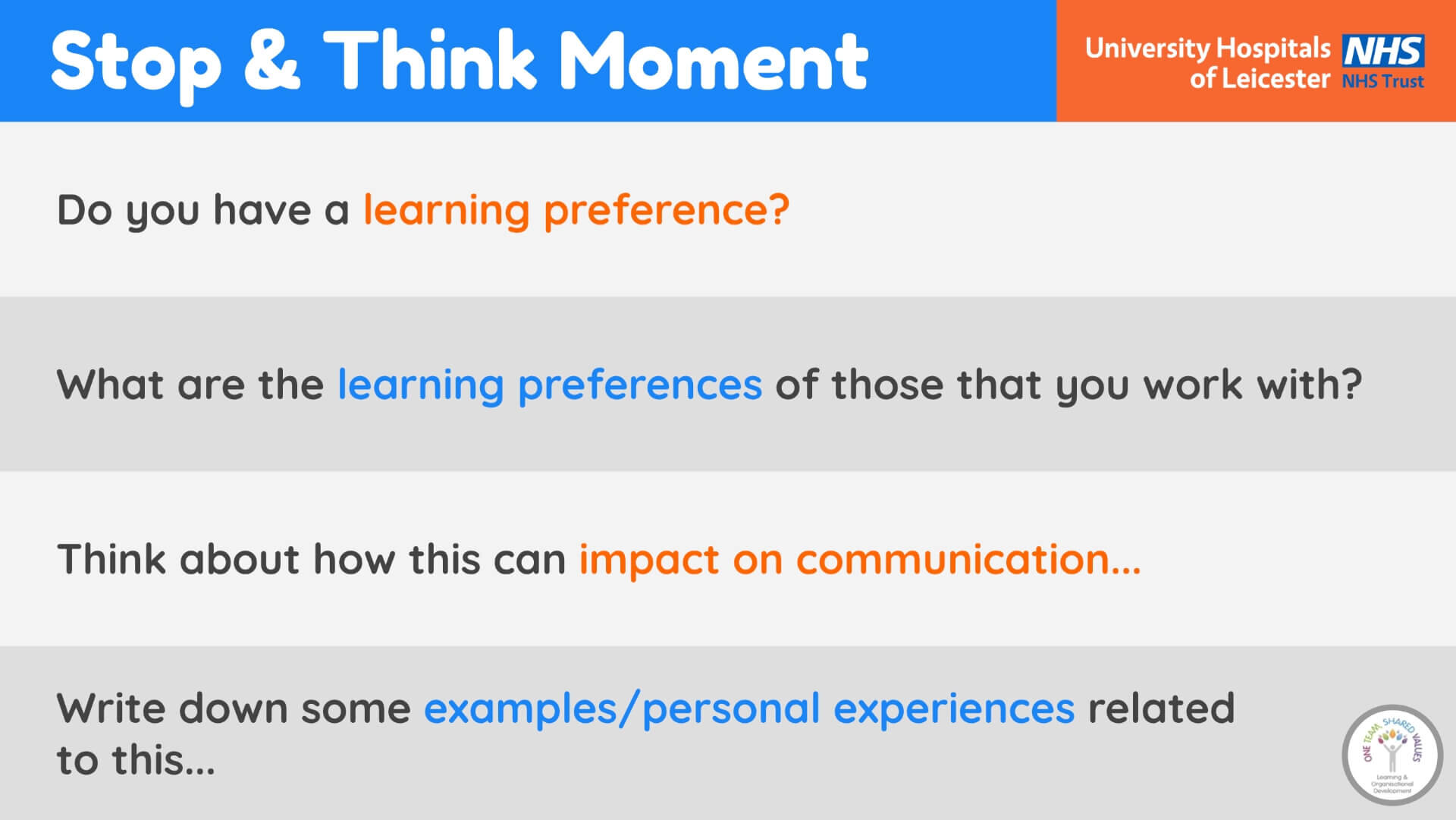
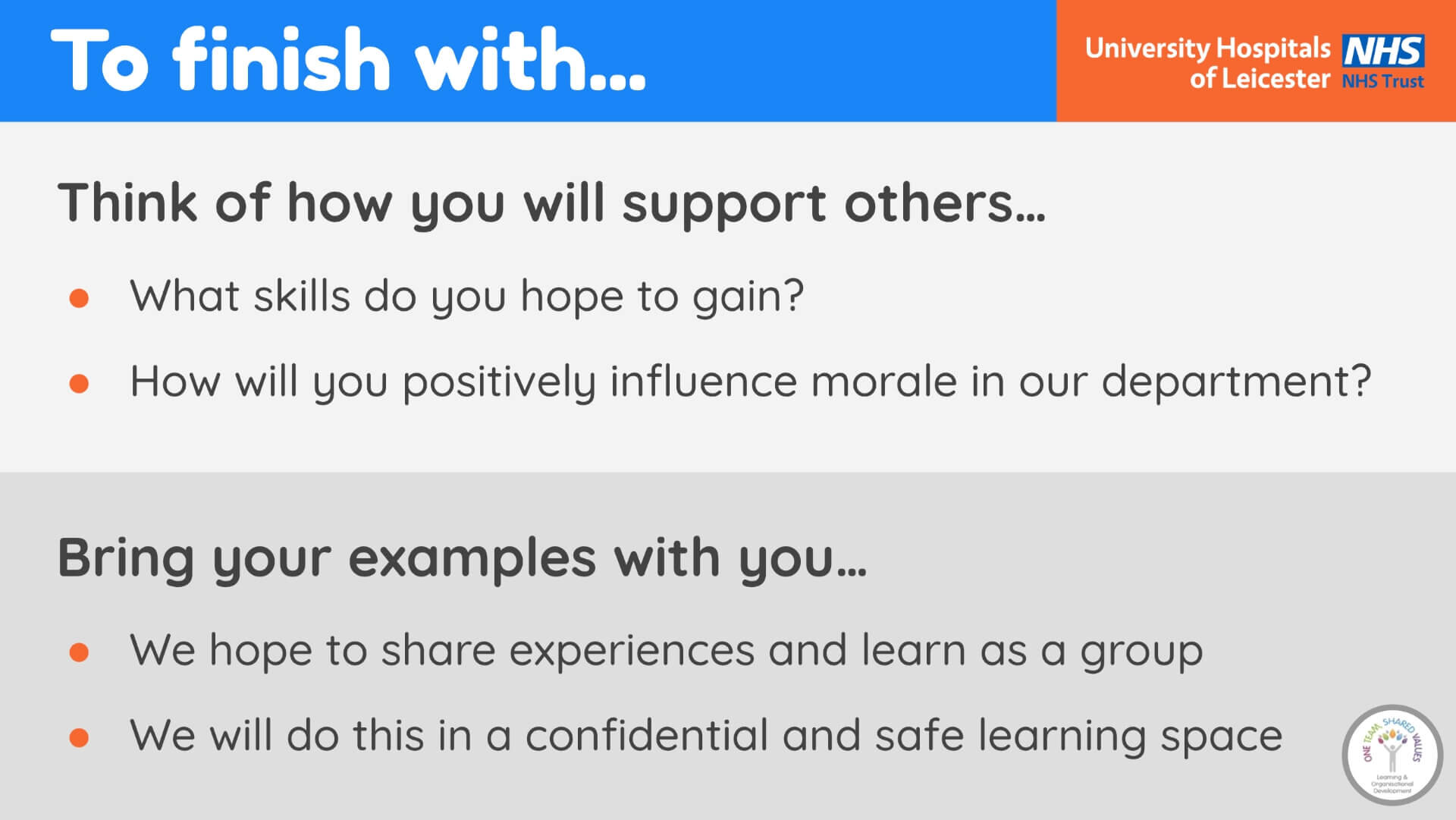
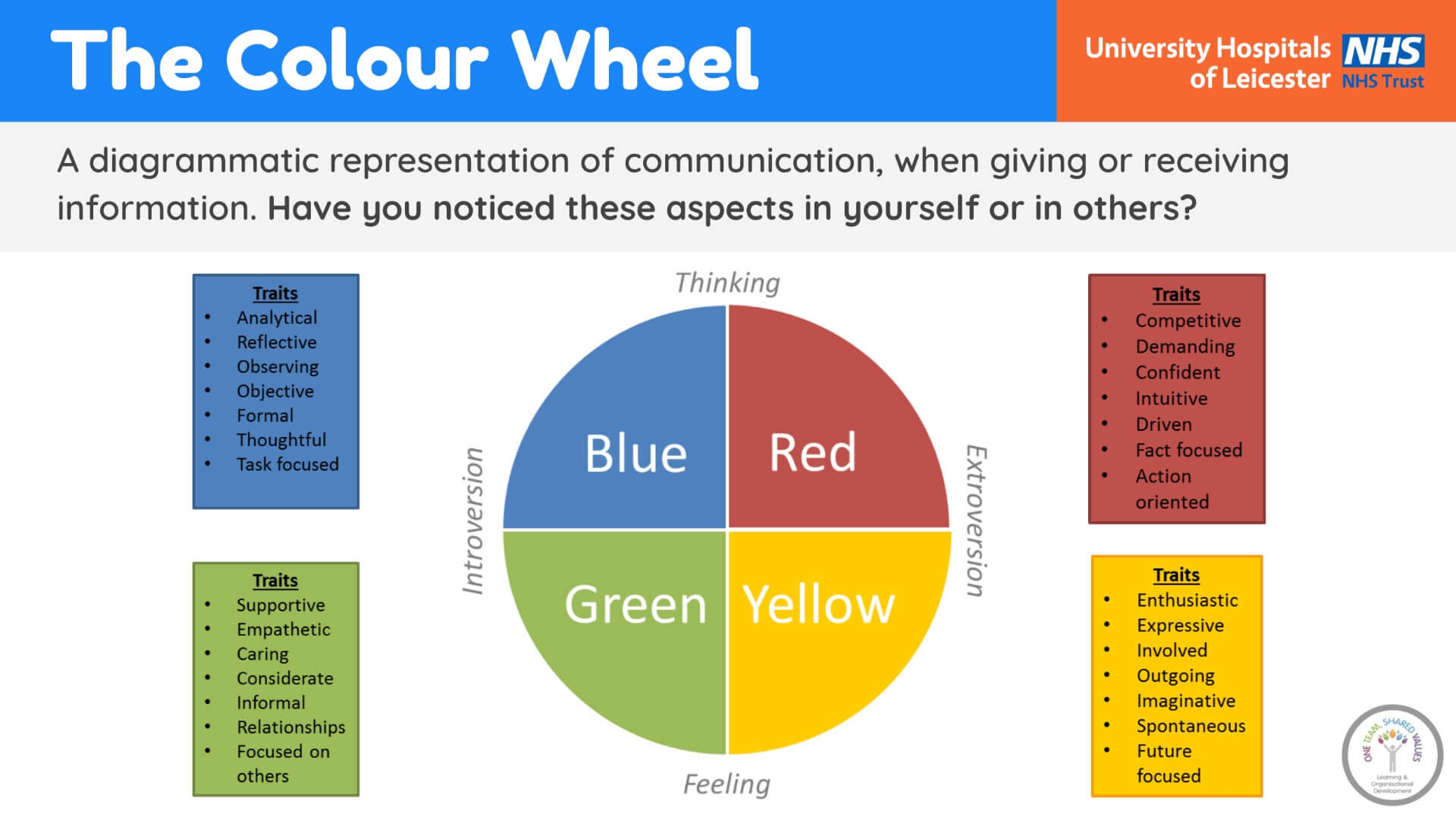
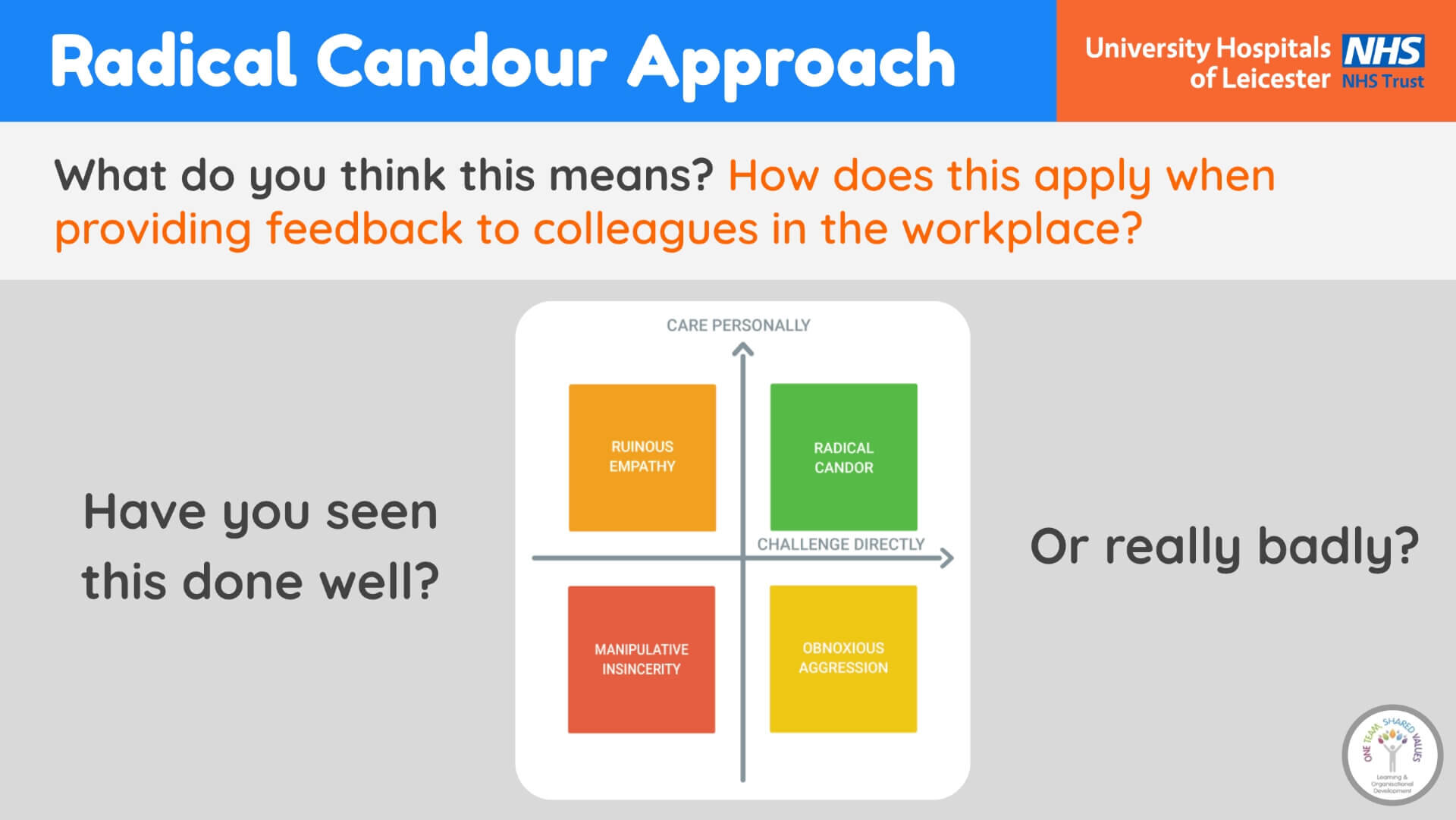
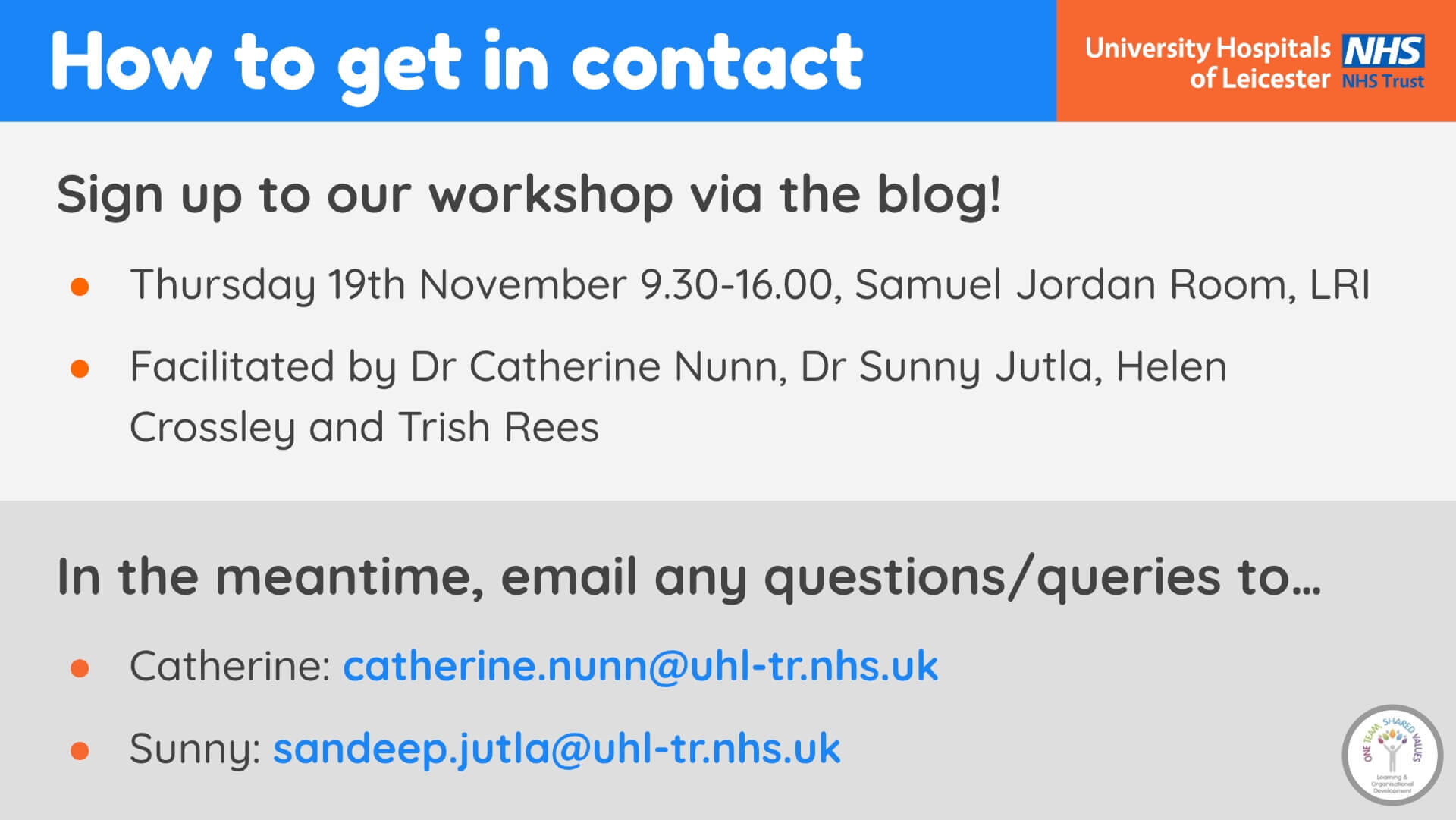
Please sign up if you would like to develop your communication skills to confidently provide coaching skills for your ED colleagues. This workshop is open to staff of all grades.
By participating in this scheme you will…
Enhance your skill set
Be provided with certificates of completion for PDP/portfolios
Have an opportunity to work alongside our OD experts
Be part of a positive culture change in our Emergency Department
We wouldn’t have been able to carry this out without the amazing support from our local Organisational Development Specialists. Keep reading to find out more about what experience they will bring to our workshops! We look forward to working with you all soon 😊
Helen Crossley
Helen started her NHS career at Leicester General Hospital in 1984! And prefers to think of herself as experienced rather than old…
After working as an Occupational Therapy (OT) Assistant, she went off to do her training and has enjoyed a wide and varied clinical career as an Occupational Therapist, working in both acute physical and mental health organisations and community settings in Manchester and Leicester.
As an OT, Helen also spent 18 years in management roles and worked as a Therapy Lead, for both Occupational Therapists and Physiotherapists at UHL and more recently as Transformation Lead in the Renal, Respiratory Cardiac and Vascular (RRCV) CMG.
She completed a Masters degree in Leadership in Health and Social Care in 2016 which bolstered her love of leadership and team and organisational culture.
Helen is a trained coach and throughout her career has remained passionate about facilitating change and growth in individuals and teams. She is excited to have joined the OD team in 2019 and looks forward to working with a wide variety of staff to enable them to be the best they can be.
Fun fact: Helen moves furniture at home as a way to destress. Her favourite food is cheese, (extra mature cheddar preferably) and she dislikes mushrooms.
Say hello at: helen.crossley@uhl-tr.nhs.uk
Trish Rees
Trish has over 20 years HR, Leadership and Organisational Development (OD) experience in both the private and public sectors.
She commenced her HR career at UHL in 1999 and has supported many of our corporate and clinical services through periods of change and challenge prior to moving into Operational Management roles within clinical services. In 2016 Trish joined the OD team and the rest is history as they say.
Trish is an accredited practitioner for Myers Briggs and 360 feedback, is a trained coach and is experienced in many other diagnostic and development tools. In April 2020 she embarked on a Master Degree programme in Leadership to continue her own professional development.
She is passionate about individual and team development and the importance of effective leadership on the culture and success of teams and organisations.
Fun fact: Trish loves to run (more of a jog) and each year makes novelty Christmas cakes! Trish dislikes olives and filling the car up with petrol.
Say hello at: trish.rees@uhl-tr.nhs.uk











